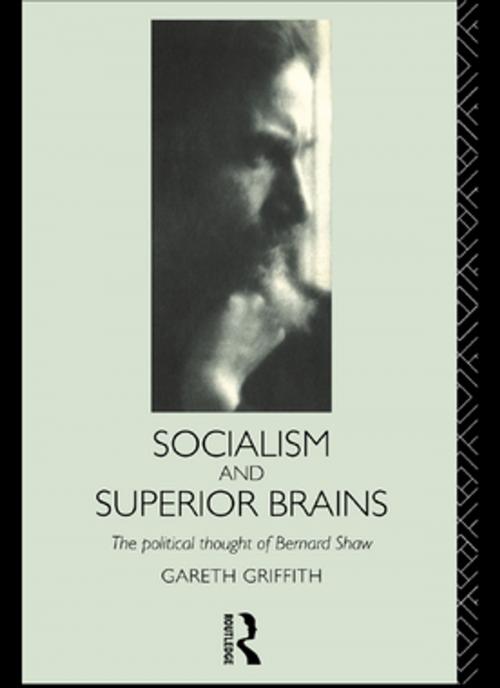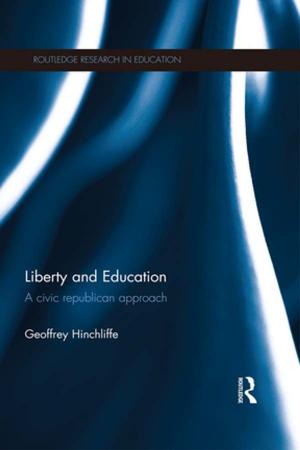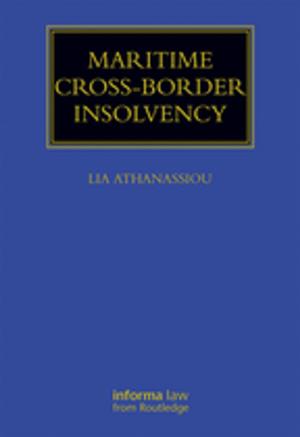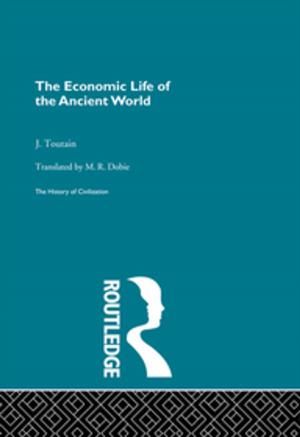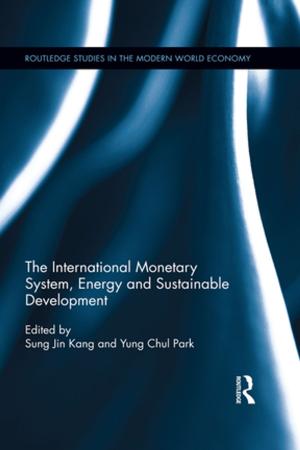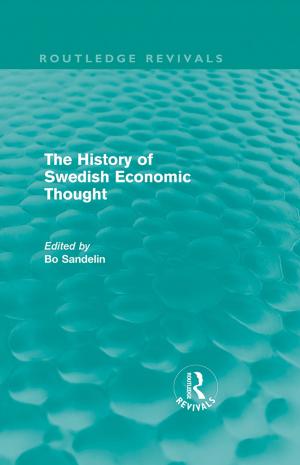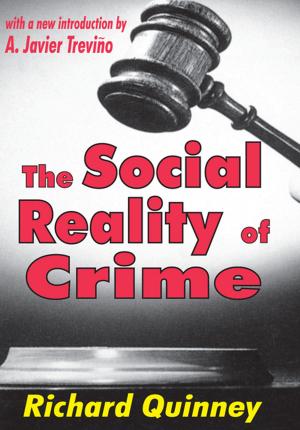Socialism and Superior Brains: The Political Thought of George Bernard Shaw
Nonfiction, Social & Cultural Studies, Political Science| Author: | Gareth Griffith | ISBN: | 9781134802937 |
| Publisher: | Taylor and Francis | Publication: | September 11, 2002 |
| Imprint: | Routledge | Language: | English |
| Author: | Gareth Griffith |
| ISBN: | 9781134802937 |
| Publisher: | Taylor and Francis |
| Publication: | September 11, 2002 |
| Imprint: | Routledge |
| Language: | English |
Available in paperback for the first time, Gareth Griffith's book provides a comprehensive critical account of the political ideas of one of the most influential commentators of the twentieth century.
With close reference to a range of Shaw's texts, from the Fabian tracts to the plays, Gareth Griffith draws out the central theoretical messages of Shaw's engagement with politics. The first part of the book provides an intellectual biography, while at the same time analysing Shaw's key concerns in relation to his Fabianism, arguments for equality of income and ideas on democracy and education. Part Two looks at those areas which Shaw approached as long-standing historical problems or dramas requiring immediate thought or action; sexual equality, the Irish question, war, fascism and sovietism.
The book is directed to the general reader as well as to specialists. It will be central reading for anyone seeking to understand Shaw's life, and literary and political writings, or the development of political thinking in this century, or the problems and potential inherent in socialism.
Available in paperback for the first time, Gareth Griffith's book provides a comprehensive critical account of the political ideas of one of the most influential commentators of the twentieth century.
With close reference to a range of Shaw's texts, from the Fabian tracts to the plays, Gareth Griffith draws out the central theoretical messages of Shaw's engagement with politics. The first part of the book provides an intellectual biography, while at the same time analysing Shaw's key concerns in relation to his Fabianism, arguments for equality of income and ideas on democracy and education. Part Two looks at those areas which Shaw approached as long-standing historical problems or dramas requiring immediate thought or action; sexual equality, the Irish question, war, fascism and sovietism.
The book is directed to the general reader as well as to specialists. It will be central reading for anyone seeking to understand Shaw's life, and literary and political writings, or the development of political thinking in this century, or the problems and potential inherent in socialism.
